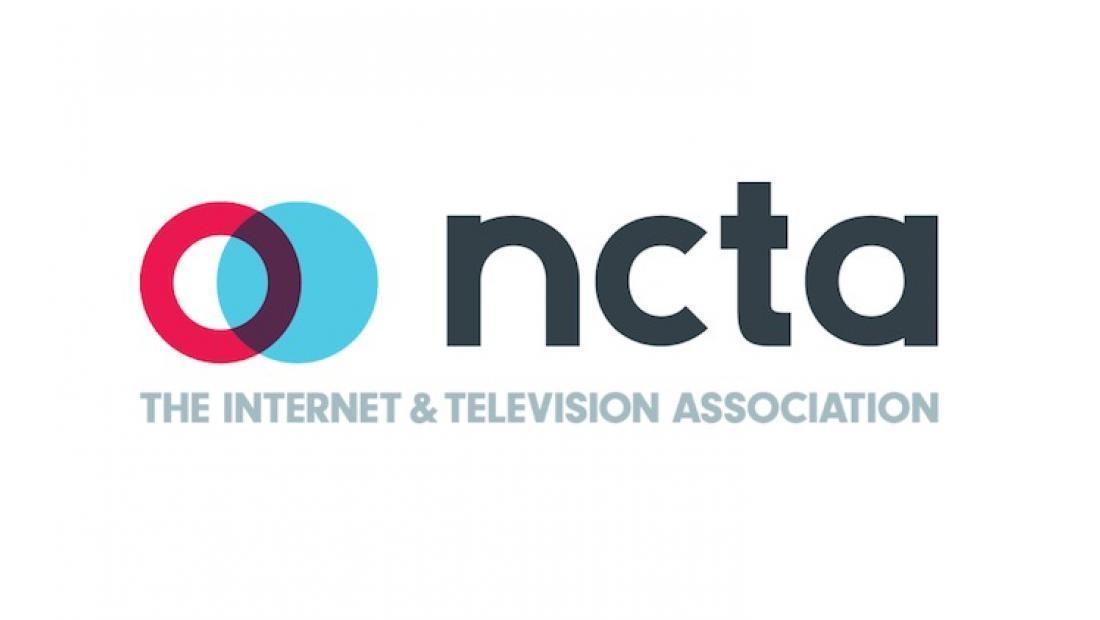NCTA: Leased Access Fans Claims Are Specious

The smarter way to stay on top of broadcasting and cable industry. Sign up below
You are now subscribed
Your newsletter sign-up was successful
Dismissing its critics as purveyors of specious claims, irrelevant data points, and cherry-picked examples it suggests are, well, the pits, NCTA-The Internet & Television Association still says leased access rules need to go.
Those are the FCC rules mandating cable operators over a certain size to offer provide channel capacity to independent programmers.
That was according to NCTA's reply comments on the FCC's proposal to loosen the rules, and its request for comment on whether they were still needed at all. NCTA had told the FCC the rules definitely needed to go.
Leased access fans Free Press and the Alliance for Communications Democracy (ACD) argued in their comments (Free Press' argument is here) that the FCC the rules were definitely needed because cable remains a dominant video provider and a gatekeeper on the Internet.
Related: FCC Tackles Leased Access
Hardly, said NCTA this week.
In further comments to the FCC, the cable trade group pointed out that Netflix is the leading pay-TV service in the country, with more video subs that Comcast, AT&T and Charter put together, followed by Amazon as the number two pay provider.
The smarter way to stay on top of broadcasting and cable industry. Sign up below
That, says NCTA, belies Free Press' contention that MVPDs “are laying claim to the future of the
video marketplace" including the online marketplace thanks to virtual MVPDs (v-MVPDs), which means cord-cutters are really cord-changers, as it were, still tethered to the same company. Wrong again, said the cable association.
NCTA said that ignored an inconvenient truth: Many of the most popular v-MVPDs come from Google and Hulu and Sony.
As to its critics' assertion that it is tough for content providers to reach audiences over internet so they need leased access space, it points out that YouTube, the most popular video platform around, is free and has been used to create "stars," many discovered thanks to another open online platform, social media.
Free Press also suggested that ISPs, no longer subject to Title II, can now unfairly impede video traffic, which is why it needs to make space available for outside video providers on its traditional platform. NCTA points out that ISPs have been free from Title II and have not been found to block or throttle, which in any event they have pledged publicly not to do, a pledge enforceable by the Federal Trade Commission.
The FCC has asked whether leased access passes constitutional muster as content regulation, which is subject to either strict or intermediate legal scrutiny depending on how you look at it. Free Press says intermediary (the government has more latitude to restrict speech); NCTA says strict. And NCTA says that under strict scrutiny, the argument that leased access is necessary in the government interest of promoting multiple sources of programming for households that subscribe to cable but not broadband is not a sufficient reason to justify the intrusion on cable ops' editorial discretion.
Contributing editor John Eggerton has been an editor and/or writer on media regulation, legislation and policy for over four decades, including covering the FCC, FTC, Congress, the major media trade associations, and the federal courts. In addition to Multichannel News and Broadcasting + Cable, his work has appeared in Radio World, TV Technology, TV Fax, This Week in Consumer Electronics, Variety and the Encyclopedia Britannica.

